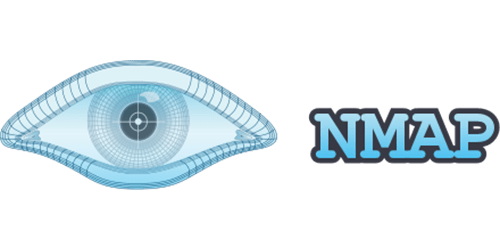How To Install Nmap on Debian 12

In this tutorial, we will show you how to install Nmap on Debian 12. In the world of cybersecurity and network exploration, Nmap (Network Mapper) stands as a versatile and powerful tool. It’s an open-source utility that aids in network discovery and security auditing.
This article assumes you have at least basic knowledge of Linux, know how to use the shell, and most importantly, you host your site on your own VPS. The installation is quite simple and assumes you are running in the root account, if not you may need to add ‘sudo‘ to the commands to get root privileges. I will show you the step-by-step installation of Nmap on a Debian 12 (Bookworm).
Prerequisites
- A server running one of the following operating systems: Debian 12 (Bookworm).
- It’s recommended that you use a fresh OS install to prevent any potential issues.
- SSH access to the server (or just open Terminal if you’re on a desktop).
- An active internet connection. You’ll need an internet connection to download the necessary packages and dependencies for Nmap.
- A
non-root sudo useror access to theroot user. We recommend acting as anon-root sudo user, however, as you can harm your system if you’re not careful when acting as the root.
Install Nmap on Debian 12 Bookworm
Step 1. Before installing Nmap, it is recommended to update the system to ensure that all packages are up to date. You can do this by running the following command in the terminal:
sudo apt update sudo apt install curl gnupg apt-transport-https
This command will refresh the repository, allowing you to install the latest versions of software packages.
Step 2. Installing Nmap on Debian 12.
- Method 1: Install Nmap Using Package Manager (apt)
Now run the following command below to install Nmap:
sudo apt install nmap
Wait for the installation to complete. Once done, you can verify the installation by running the following command:
nmap --version
This will display the version of Nmap installed on your system.
- Method 2: Install Nmap Using Compiling from Source
First, install the build-essential package and other dependencies required for compiling Nmap by running the following command:
sudo apt install build-essential libssl-dev libncurses5-dev libpcap-dev
Next, download the latest stable version of Nmap from the official website using the following command:
wget https://nmap.org/dist/nmap-7.94.tar.bz2
Extract the downloaded archive by running the following command:
tar -xvf nmap-7.94.tar.bz2
Change to the extracted directory by running the following command:
cd nmap-7.92
Configure the build by running the following command:
./configure
Compile Nmap by running the following command:
make
Install Nmap by running the following command:
sudo make install
Wait for the installation to complete. Once done, you can verify the installation by running the following command:
nmap --version
This will display the version of Nmap installed on your system.
Step 3. Basic Nmap Command Usage.
- Scanning a Single Host:
nmap 192.168.1.1
- Scanning a Range of IP Addresses:
nmap 192.168.1.1-10
- Specifying Target Ports:
nmap -p 80,443 192.168.1.1
Congratulations! You have successfully installed Nmap. Thanks for using this tutorial for installing the latest version of Nmap on Debian 12 Bookworm. For additional help or useful information, we recommend you check the official Nmap website.